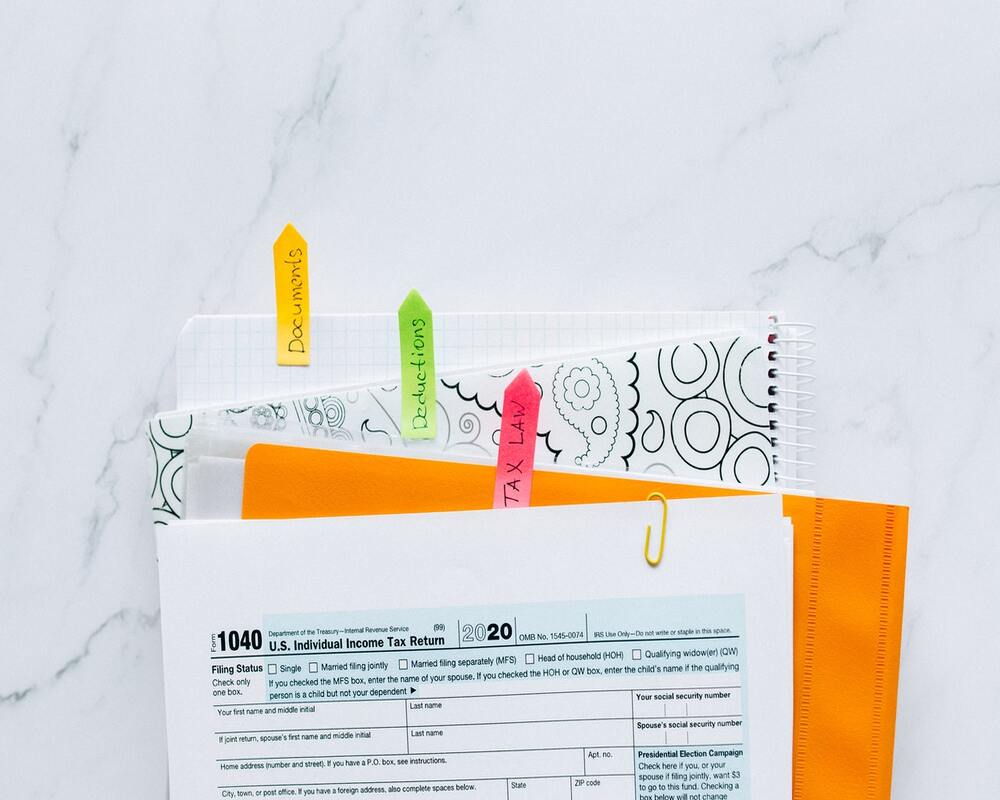Effective writing for accountants: 8 tips to improve communication

As professionals, we’re expected to know how to write content that conveys our thoughts, data, and findings. In fact, effective writing for accountants is vital; but are you confident in your ability to communicate in a way that supports your ideas and compels your audience?
Good writing requires continual refinement, but many individuals do not practice these skills and fail to be effective in their communication. Follow these business writing tips to improve your written skills—even in an industry known for its numbers.
Business writing tip #1: Define a purpose
You cannot begin any writing assignment until you identify what you want to say and why you want to say it. Ask yourself questions like:
- What’s your main message?
- What question are your answering?
- What do you want your audience to take away?
- What’s your goal: to tell a story? Identify a problem? Motivate an action?
Outline your key points to determine what you want to say. This conceptual scaffold will help you remember your purpose and create a piece of effective writing for accountants.
#2: Know your audience
This next business writing tip is essential: you must define a specific audience. Knowing who you're talking to is just as important as knowing what you're saying.
Before you ever begin drafting, understand:
- Who are you writing to?
- Is your audience familiar with the subject or should you provide background?
- Does your audience understand jargon, or should you use general vocabulary?
- What tone and style are most appropriate to reach your audience?
- What medium will best reach your audience?
- What question(s) does your audience need to answer?
Keep in mind how much time your recipient will have to read your writing. This will help you determine how long it should be and how much information to include.
#3: Get to the point
To capture your audience’s attention and communicate as clearly as possible, start by declaring your most important message. Business writing isn’t about suspense or mystery; be concise and don’t beat around the bush. Then, follow-up with supporting details and the evidence that backs your claim.
As a whole, effective writing for accountants should start with the most important point at the beginning of each paragraph, then present the explanation. This technique will help ensure a linear conceptual organization that won’t confuse or lose your audience.
#4: Be clear and concise
Eliminate unnecessary information that will clutter your content, cloud your message, and waste your audience’s time. This rule applies in both your word choice and in the content you include.
Streamline wording
For example, use active voice and avoid unneeded synonyms. Instead of saying:
- “The company was bought by a large, multinational corporation, whose profits are driven by the sale of textiles and woven fabrics.”
You can streamline the sentence to read:
- “A multinational textile corporation bought the company.”
In the above example, we changed the sentence to active voice and removed the synonyms that added no additional meaning.
Exclude irrelevant content
Let’s say that you’re writing a press release about a new accounting software:
- “This program automates bookkeeping and saves time. Similar programs exist that have served as a predecessor to this new technology, which features auto-save and security updates.”
In this example, you’re writing for a general press release. Your audience likely isn't interested in previous programs and you're taking attention away from the benefits of the new software. Consider instead:
- “This program automates bookkeeping and saves time, featuring auto-save and security updates.”
Use short structures
Break up long sentences and paragraphs. When in doubt, split them in half at logical breaking points. Also, read your document out loud when you are finished. It should read naturally and should not sound stilted.
#5: Choose your words intentionally
Effective writing for accountants uses words that pack a punch. Choose your words carefully; they should be simple and succinct to convey just what you want to say.
Don’t be fancy
Never use long words just for the sake of it. For example, use the word “start” instead of “commence.” They mean the same thing, but because commence is hardly used in everyday conversation, it distracts from the main point of your sentence.
Be precise
Choose concrete words instead of vague, roundabout language. Instead of writing:
- “The numbers push us to decide to create a new plan.”
You can use a single, more concise verb that shortens the sentence without losing meaning:
- “The numbers drive us to create a new plan.”
#6: Guide your reader
Effective writing for accountants is clear. Many professionals in this industry prefer numbers over words, and you’ll lose them if your writing isn’t well signposted.
Guide your readers by providing punctuation and transitional words. These will signal one idea leading into the next, and conceptually move your reader toward the message you wish to convey.
#7: End strong
Make sure to include a confident ending. Restating your main point will ensure that your audience remembers your message. On the other hand, a weak ending can diminish your writing and lead your audience astray.
The ending must also bring a sense of closure. Depending on the purpose of your writing, you may include:
- A reiteration of important points
- A concluding idea
- Suggested actions
- An invitation for the reader to get involved
#8 Proofreading is paramount
A poorly spelled document, or one that has several errors will distract from the message, so it's important to edit before finalizing. Check for spelling and grammatical errors, but also make sure that your document correctly communicates what you’re trying to say.
Don’t rely on spell check
Edit and review your document yourself. Computer spell check and grammar programs are useful as an added resource, but they cannot be blindly trusted. They may not recognize when a legitimate word is used incorrectly in a sentence or may instead flag a correct phrase as wrong.
Edit on repeat
Review your writing several times. Each time, focus on a different paragraph. Then, read the whole piece to ensure that it conceptually flows and successfully completes your purpose.
This can be a time-consuming process, but effective writing for accountants requires this level of detail. Editing should account for almost half the time you spend on a document.
Take a break
Never publish or send your writing as soon as you think it’s finished. One business writing tip is to let your writing sit overnight and revisit it in the morning. This will allow you to review and edit it once more with a fresh eye.
Improve your business writing
Achieve effective writing for accountants, every time, by honing your business writing. Completing CPE provides the perfect opportunity to improve these skills!
Becker offers CPE for CPAs to help you become an excellent writer. Start with these courses today:
- Effective Business Writing for CPAs
- Get Your Emails and Reports Read
- Consulting Skills: Development of Consulting Reports








